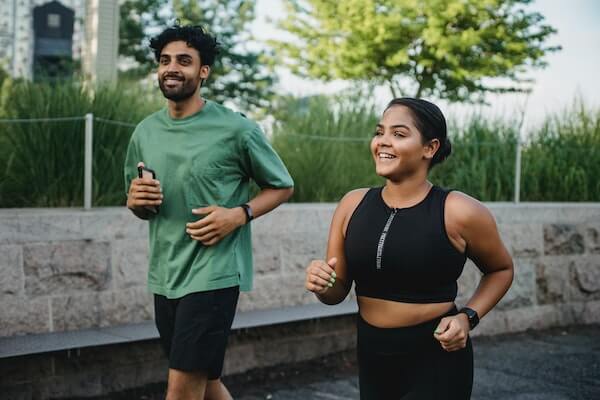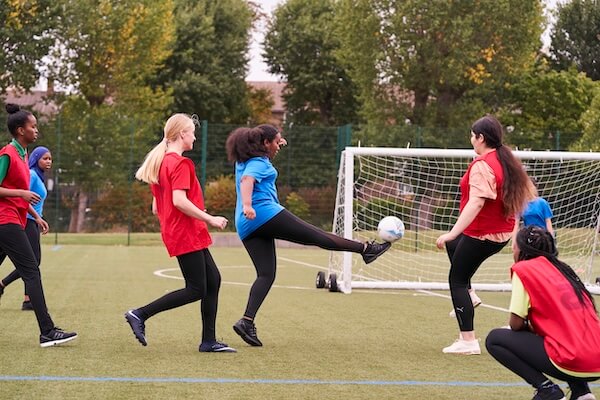
A recent global study by ASICS has highlighted a crucial connection between regular exercise during teenage years and mental wellbeing in adulthood. The study, which involved over 26,000 people from 22 countries, found that staying active as a teenager can lead to a happier and healthier mind later in life.
Key Findings
-
Exercise and Mental Health: The study reaffirms that people who exercise regularly tend to have higher "State of Mind" scores, which measure overall mental wellbeing. Active individuals scored an average of 67/100, while those who are less active scored just 54/100.
-
Teen Years Matter: The ages of 15-17 were identified as critical years for staying active. Teens who keep up with regular exercise during these years are more likely to continue exercising as adults and report better mental health.
-
Dropping Out Has Consequences: The study found that teens who stop exercising before the age of 15 are more likely to remain inactive as adults. This inactivity is linked to lower levels of focus, confidence, calmness, and composure in later life.
-
Every Year Counts: Each additional year of regular exercise during teenage years is associated with improved mental wellbeing in adulthood. For example, those who stopped exercising before 15 had State of Mind scores 15% lower than the global average.
A Growing Concern
The study also uncovered a worrying trend: younger generations are becoming less active. While 57% of the Silent Generation (aged 78+) were active daily during their childhood, only 19% of Gen Z (aged 18-27) reported the same level of activity. This decline could have significant implications for future mental health.
Expert Insights
Professor Brendon Stubbs from King’s College London expressed concern over the decline in activity among younger generations, especially since it’s linked to lower mental wellbeing in adulthood.
Conclusion
This study serves as a reminder of how important it is for teenagers to stay active. Regular exercise during these formative years not only supports physical health but also lays the foundation for a sound mind in adulthood. As ASICS continues to promote the connection between movement and mental wellbeing, it’s clear that encouraging young people to stay active is more important than ever.






